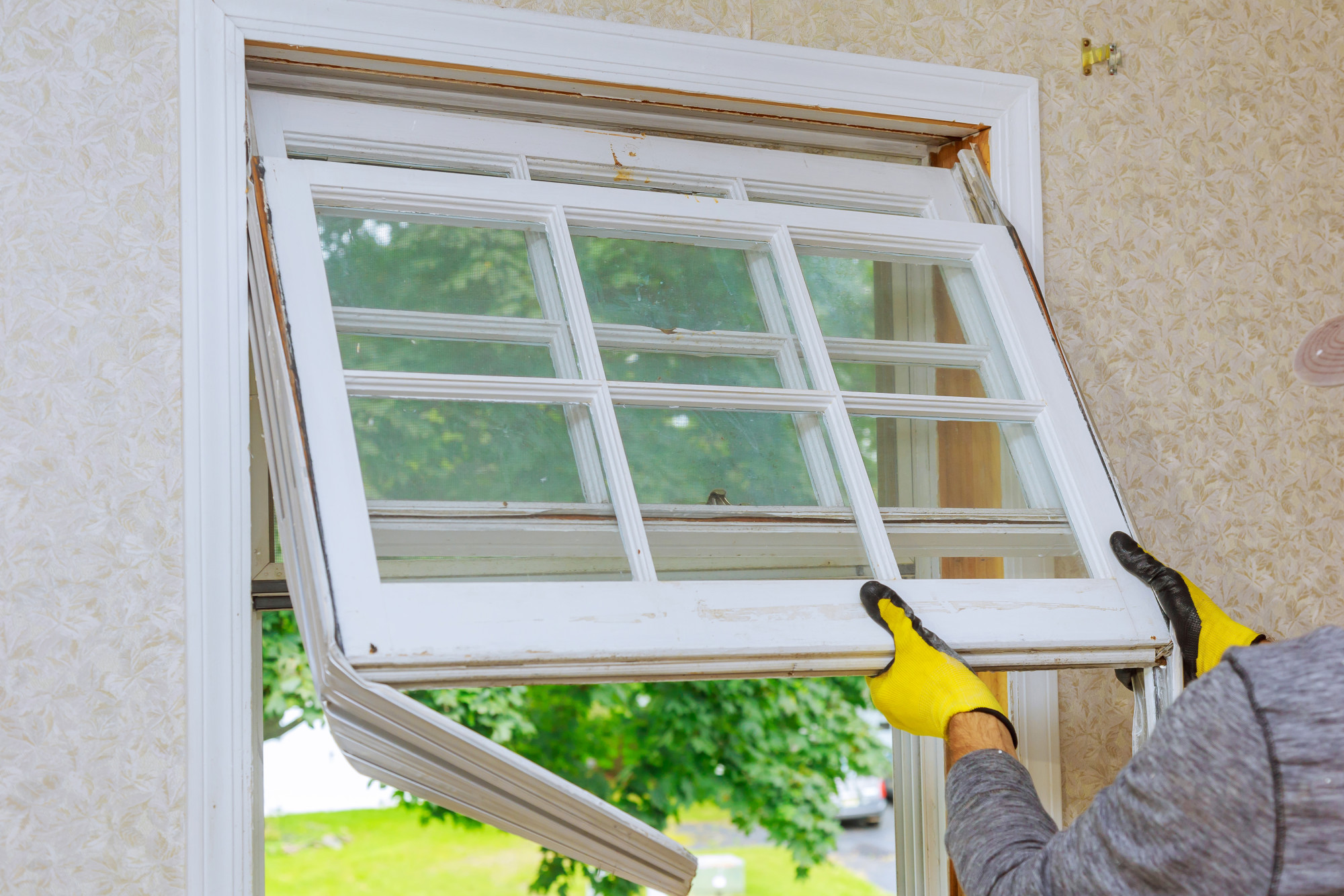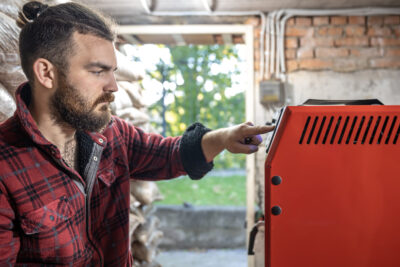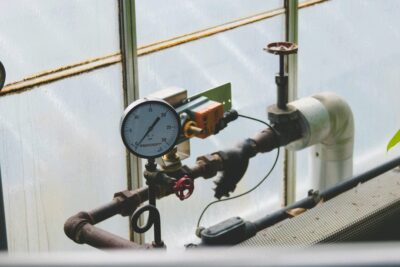Are you looking to replace the windows in your home? Metallic windows are an excellent option for many reasons. Yet, before you make an investment, it’s essential to consider all your options, as well as their pros and cons.
If a metal window is the right choice for you, knowing about them will help you make the best purchasing decision. Fortunately, we’re here to help. We created this guide to explore the pros and cons of metal windows.
Let’s examine everything you need to know before making your decision.
Pros of Metal Windows
Metal windows have been a popular option for both homes and businesses. This is because of the numerous benefits that are hard to ignore. Let’s discuss them!
Durability and Strength
Metal windows, like aluminum or steel windows, offer superior durability and strength compared to other window materials, such as wood and vinyl. The material is less likely to crack, warp, or rot.
They are also resistant to moisture and UV exposure. All of these qualities make it a good choice for locations with harsh weather conditions.
Windows made of metal require less maintenance, and the need for window repair for house may be less frequent. These may last up to 20 years, making them an ideal choice for those seeking longevity and durability.
Security
Metal windows offer excellent security, with solid frames and locks that are tested and checked. They are more secure than other kinds because of the material’s strength.
Aluminum or steel frames are hard to break or get through, making it harder for people who shouldn’t be there to get in. This is especially important for businesses or homes in high-crime areas, where safety is the most important thing.
Fire Resistant
Generally, metal windows provide strong fire resistance, as they are non-combustible and help to contain fires from spreading. This makes them a safer choice for buildings, especially in areas with strict fire safety regulations.
Proper installation is critical for proper fire-resistant protection with this type of window. Extra considerations should be taken when choosing an installation method.
Design Versatility
Metal windows’ contemporary look is highly sought after in modern and industrial-designed homes. Metal frames look sleek and stylish, which goes well with modern or minimalist designs. They add a touch of grace and sophistication to the look of a building.
Furthermore, they are available in a variety of colors and finishes, so one can customize it to match their décor. They can be customized to fit oddly shaped needs or offer a touch of something unique. One can also choose from different opening styles such as awning, single or double-hung, casement, or sliding types.
Energy Efficiency
Metal windows are highly effective at conserving energy in buildings due to their superior insulation properties and air-tight construction. Many metal window frames provide excellent thermal performance.
Their insulation property helps keep a building at the desired temperature for an extended period. This keeps the inside of a building comfortable, reducing the need for heating and cooling systems.
Metal frames can also hold double or even triple glass panes, making them even better at saving energy and keeping out noise. This feature can significantly improve the quality of sound inside.
Low Maintenance
Metal windows require significantly less upkeep than other window types like vinyl, wooden, or fiberglass. They do not need staining, painting, or periodic repairs like other window materials.
Additionally, since metal does not absorb moisture, extreme weather conditions make them less likely to be damaged. Most metallic windows can be kept in good shape with regular cleaning and occasional lubrication of moving parts. If you want to invest in these low maintenance windows, you need to explore different types of metal windows.
Different Metal Windows Options
Each type of metal window has its pros and cons. Knowing what makes each type of metal window unique can help you choose the best one for your project. Below are the 5 most common types:
1. Aluminum Windows
These windows are relatively lightweight and require minimal effort to operate and maintain. Aluminum frames are slightly less energy efficient than other materials, but the frames are galvanized to prevent corrosion and are weatherproof. As an upgrade, aluminum windows can be clad with alloys like bronze or brass.
2. Steel Windows
Steel windows are strong, durable, and secure, providing a polished, modern look at any property. Steel windows offer excellent insulation, energy efficiency, and soundproofing, making them ideal for mechanical and aesthetic purposes.
3. Bronze Windows
Bronze offers durability, strength, and style, making it extremely popular in commercial and residential buildings. It is more expensive than many other types However, the longevity and aesthetic make it a worthwhile investment.
4. Stainless Steel Windows
Stainless steel is the most durable and longest-lasting of all the metals used for windows. It is resistant to corrosion, rust, and salt, making it an excellent choice for coastal climates, and it provides security from hostile weather, vandalism, and intruders.
5. Copper Windows
Copper windows offer a rustic feel, and the naturally oxidizing patina that develops over time adds a unique and beautiful character to the window. These highly durable windows are easy to maintain and resistant to extreme weather and other environmental conditions that can often degrade other metals.
Cons of Metal Windows
While metal windows do provide a lot of advantages, they may not be the best choice for every home. Their associated cons must be considered before making a final decision. Let’s take a look at some of them.
Conductivity
Metal is a good conductor, which efficiently transfers heat or cold. During extreme weather, metal frames can get too hot or cold, which could affect the temperature inside and how well it uses energy.
The conduction of energy through metal can produce undesirable side effects when temperatures change. For instance, metal may become too cold for comfort during colder months or create a draft if the wind blows through them.
To fix this problem, you may need to add more insulation measures. This includes thermal breaks, insulated glass, or window covers.
Condensation and Moisture
Metal windows can become very cold in the winter, which can cause condensation. This condensation can cause the windows to become damp and can encourage mold or mildew to form.
Metal can also be vulnerable to corrosion if exposed to moisture over long periods of time. For these reasons, this material may not be the best choice for humid or moist environments.
Condensation problems can be fixed by making sure there is enough airflow. Drying them as soon as possible will also go a long way.
Cost
Windows made of metal can be more expensive than other window types, especially if custom designs or specialized finishes are desired. Although metals may have a longer lifespan due to their durability, this also adds to the cost.
They are also much heavier than other window types. This can make them more expensive to install and may require additional support.
Although metals offer superior security and insulation benefits compared to other window types, their relatively higher costs may not make them the most feasible option for some consumers. But you should consider the long-term benefits and longevity of metallic windows, which can compensate for the initial cost.
Weight
Metal windows are cumbersome and can add a considerable amount of extra stress to a building’s structural components. It usually takes more structural bracing than with other windows, and the weight can affect a building’s efficiency.
This makes installation more expensive because it requires special framing and insulation. Once installed, they can be challenging to open and close, especially on the upper floors.
Aesthetics and Design Limitations
Metal windows can be made in many different ways, but they may not fit every building style or personal taste. Metal frames are often more industrial-looking and can appear cold and uninviting. Some people like the warmth and charm of traditional wooden windows, which metal frames can’t match.
Additionally, they limit your choices for shapes, sizes, and decorative options compared to wood since metal is a rigid material. Because they are usually designed to be tough and functional, they cannot always be customized to fit a particular wall size or shape, and they do not lend themselves to scrollwork or decals.
Furthermore, the finish of metal can fade or corrode over time, reducing its visual charm. As a result, they may be less attractive than other types of windows, such as wood or PVC.
Potential for Denting or Scratching
The outer layer of a metal window may be more prone to scratches than other window types. In addition, denting can cause a metal window to become misaligned and unbalanced, impacting its overall performance and requiring costly repairs.
Metal windows can still be an excellent choice as long as any scratches or dents are addressed sooner rather than later. Proper care and maintenance of metal can help to reduce the risk of further damage due to denting and scratching.
Add Metal Windows To Your Home
Metal windows are an efficient and secure option for those looking to update their windows, but care should be taken to consider the pros and cons. These windows require minimal maintenance, are energy efficient, and are a great deterrent against theft and adverse weather conditions.
Ultimately, it is up to personal preference, but there are benefits in favor of metallic windows. For more information, reach out to a local professional to discuss your options.
For more home improvement ideas, visit our blog!










